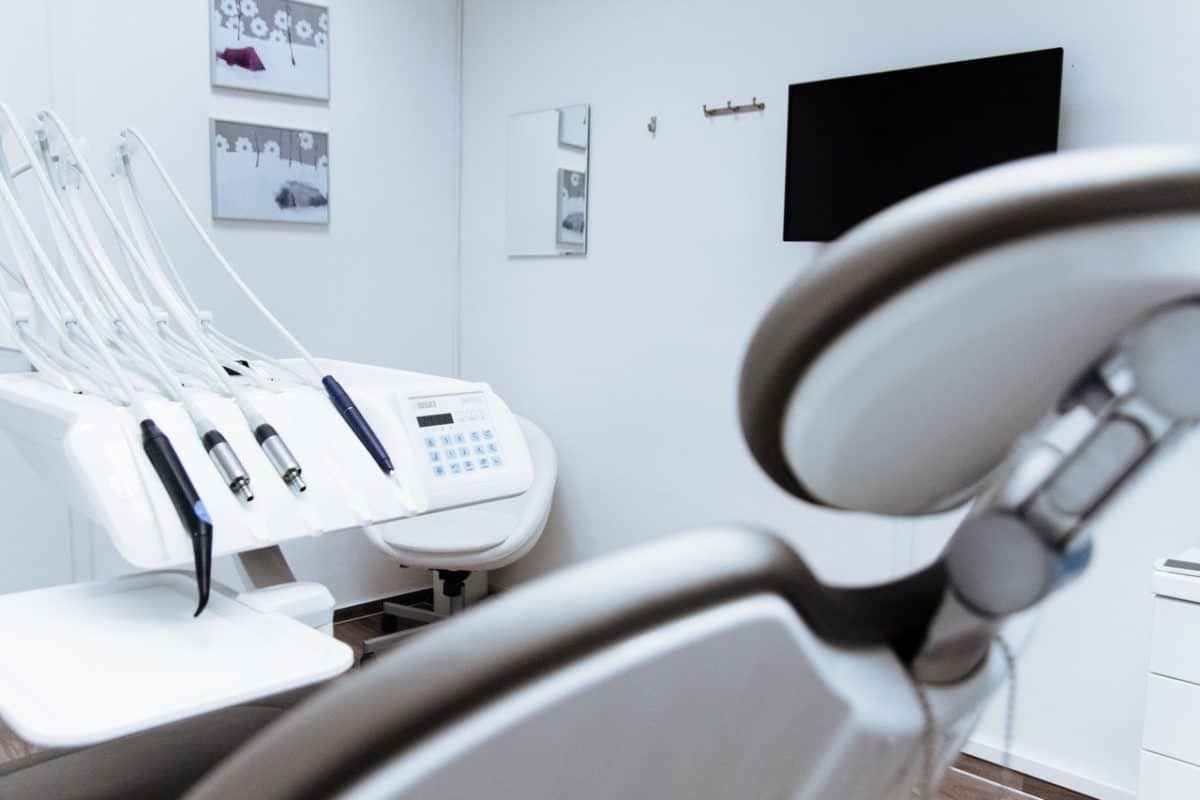Today we are looking at a few of the important things to consider when selling your dental practice. We are truly passionate about seeing our local dentists succeed in their practices, and one of the ways we help is by providing guidance to dentists when it comes to buying and selling their practices. There are many things to consider, but here are our top 4.
1. Determine the Value of Your Practice
Valuing your practice is tricky, but there are several important factors including net profitability, geographic location and assets / equipment. At Summit, we take all of these factors into account when placing an overall value on your practice. One rule of thumb is to take 60-80% of prior year net collections; while there are many other factors that play into it, this puts you in the general ballpark of what your practice might sell for on the open market.
2. Know How to Structure the Sale
There are many ways to structure the sale of your practice, but the two most common are an asset or a stock sale. Understanding the tax implications of these is key to knowing what is best for the sale your practice. It is also important to decide on whether you will be offering seller financing or an installment plan to the buyer, or if you are looking for a lump sum payment. The biggest thing to think about here is what is best for you and your individual tax picture.
3. Consider What is Best for YOU.
How do you use the sale of your practice to optimize your individual tax position and lower your tax liability? What are your goals for the sale of the practice? Many dentists desire a buyer who they know will treat their staff well and succeed with their clients. Many look for buyers with values similar to their own.
4. Preserve the Proceeds
How do you preserve the proceeds to provide for your family? It is necessary to take the proceeds and build a financial plan focused on you and your family’s individual goals. This means taking into account risk tolerance factors while also considering retirement, savings, funding for children’s education, and an other financial goals important to you. Investment management, risk management and tax planning is part of this as well.
Selling your dental practice isn’t easy. It takes a carefully constructed plan, often with the help of and attorney and CPA to help you optimize your profit and help you reach your professional and personal goals.



You must be logged in to leave a reply.